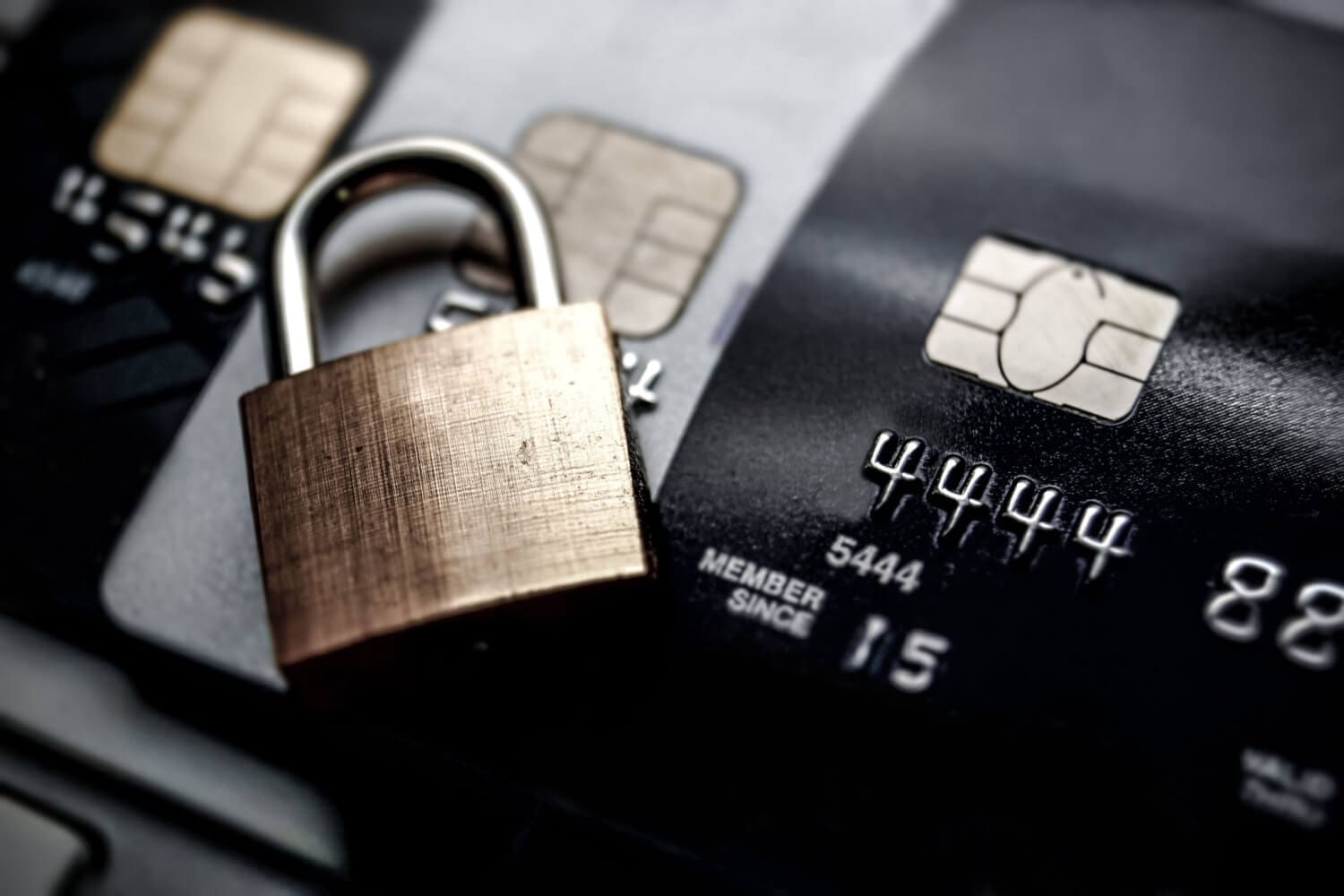The security of your patients’ sensitive information is of utmost importance, and it’s not limited to treatment records. If you accept payment via credit or debit card, as most practices do, you must also protect your patients’ payment information.
The extent to which you’re able to do that depends on what credit card processing system you have in place. EHR-integrated credit card processing security compares favorably to security for third-party processing software.
If card payments aren’t encrypted and stored in your EHR, your payment process will likely include two major vulnerabilities that put your patients’ most sensitive data at risk.
1. A Third Party Handles Card Info
If providers and/or staff handle credit card payments, you run the risk of having an employee compromise a patient’s financial information for personal gain. Think you’re safe from this? Think again. Employee embezzlement is more common in healtcare than other industries.
Even if the staff members who handle the cards are trustworthy, your patients’ information can still be dangerously exposed.
- If you store card numbers on an unencrypted document on office computers, it may be hacked or printed out.
- Employees who take card payment over the phone may jot down the number and accidentally leave the note where others could find it. Persistent thieves may even go through office trash.
- Necessary sharing of card info between employees may take place over email, which is easily hackable.
In other words, any time you or your staff sees a patient’s card number, there is the risk of theft or fraud.
2. Human Error
Providers and front desk staff aren’t immune to human error. Typos and missed details can significantly increase mistakes in payment records, leading to billing errors, upset patients, lost revenue, delays in payment collection, and extra time spent correcting mistakes.
This sometimes happens when staff or a clinician keys payment information into third-party software by hand. One missing zero can turn a $20 copay into a $2 copay, for example. And if there’s no auto-logging of payments into your EHR, staff will have to hand-enter the same information again, leaving room for all the same mistakes.
Later on, you’ll have to puzzle out discrepancies in records and potentially bill or refund patients to fix them.
The Cost of Insecure Data
Data security should be front-and-center as you design your office functions because the cost of mistakes is steeper than many practitioners realize.
Patients expect behavioral healthcare providers to be a safe space where they can unload their most vulnerable thoughts and feelings. For a behavioral health practice to be the source of financial data breach is a huge blow to patient confidence. It can cost you your reputation and lead to legal penalties.
Other healthcare providers may hesitate to make referrals to your practice, and word-of-mouth about the breach from affected patients can further dampen your networking efforts.
You need a solution that can patch the security holes and offer the best protection available for card data.
Integrated Credit Card Processing Security
Integrated credit card processing patches the holes and makes your workflow easier to boot. A good EHR-integrated card processing system should keep you and your staff from ever seeing card information once it’s entered into the system.
An integrated processing system will encrypt card information and store it securely in the EHR. Encryption means that even if hackers or unscrupulous employees break into the records, the full card number will not be available to them. They can’t look it up, print it out, or memorize it. However, your EHR can “decode” the card information when actually processing payments, without the help of human eyes.
What’s more, if you enable online bill pay, patients can input their own card numbers into the system so no one at your practice ever lays eyes on it.
You’re guaranteed accurate billing and records if the card information is being pulled from within the system, rather than typed by human hands. A good integration program will record payments automatically for later reporting purposes, so you don’t have to remember to update EHR records yourself every time a credit card payment goes through. This makes reconciliation easier and drastically cuts down on payment and billing mistakes. If there is a question about a charge, you should be able to easily match a given transaction with the date of service to learn more.
Valant Processes Cards Securely
Valant’s credit card processing solution meets high data security standards and has all the integration capabilities you need to make card payments simple and convenient.
- Strong encryption for user data
- Reports tracking payments and managing your revenue cycle
- Online payment through the patient portal
- Streamlined payment options
- Automated messages for card expiration
To learn more about making credit card data airtight, ask for a free demo of Valant’s integrated credit card processing feature today.




